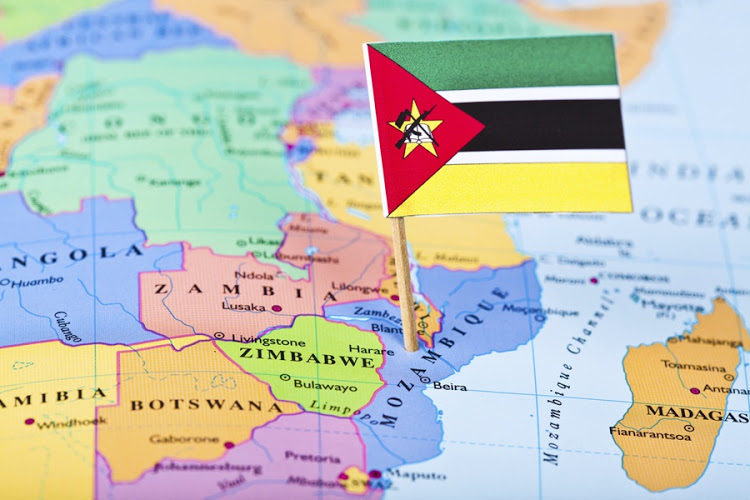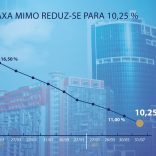Mozambique: Hotels, residences and nearly 250 vehicles seized in first half of the year
Mozambique will not have IMF financing until 2022 – Economist

The Economist Intelligence Unit (EIU) predicts that Mozambique will not receive any financial assistance from the International Monetary Fund in the next four years and will be deprived of access to financing from other international institutions due to lack of transparency in public accounts.
“We do not expect a resumption of IMF financing between 2018 and 2022, which excludes the Government from most other sources of concessional financing [at below-market interest rates] because it continues to be viewed as a country with a debt problem,” analysts at EIU write.
In an analysis of the Mozambican economy sent to investors and seen by Lusa, the EIU says that “the government’s short-term priority is to preserve macroeconomic stability in the context of an unsustainable external debt burden, capital flows and reduced economic growth”.
Without an agreement with the IMF for “fear of political reprisals”, since disclosure of the entire Kroll audit report on hidden debt could have political effects within the country, the EIU believes that “the reform agenda will be casual”.
The scale of the financial crisis, analysts conclude, “will force the government to undertake reforms that will reduce spending pressures, including the gradual withdrawal of subsidies and the privatisation of some state assets”.
The gap in public accounts arose in 2013 and 2014, when three public companies an international audit says were acting as front businesses contracted debts of about two billion dollars, based on state guarantees allegedly signed without any legal basis and without the knowledge of donors or national authorities, in what became known as the ‘hidden debt’ scandal.
The fate of most of the money remains to be ascertained, with companies justifying non-disclosure on the grounds of national security.
Among the creditors are holders of US727.5 million dollars’ worth of debt securities who have already accepted a reduction in payments and an extension of maturity, which led directly to the downgrading of Mozambique’s credit rating to default.
Holders of these securities (which result from the exchange for Ematum bonds) refuse to be treated equally with the banks and investors who lent the remaining US$1.4 billion to public companies Mozambique Asset Management (MAM) and Proindicus.
The banks that lent the money were Credit Suisse and Russian VTB, whose chairman Andrey Kostin told Bloomberg a month ago that he was to meet Mozambican president Filipe Nyusi “to persuade him to negotiate” the payment of the country’s debt.











Leave a Reply
Be the First to Comment!
You must be logged in to post a comment.
You must be logged in to post a comment.